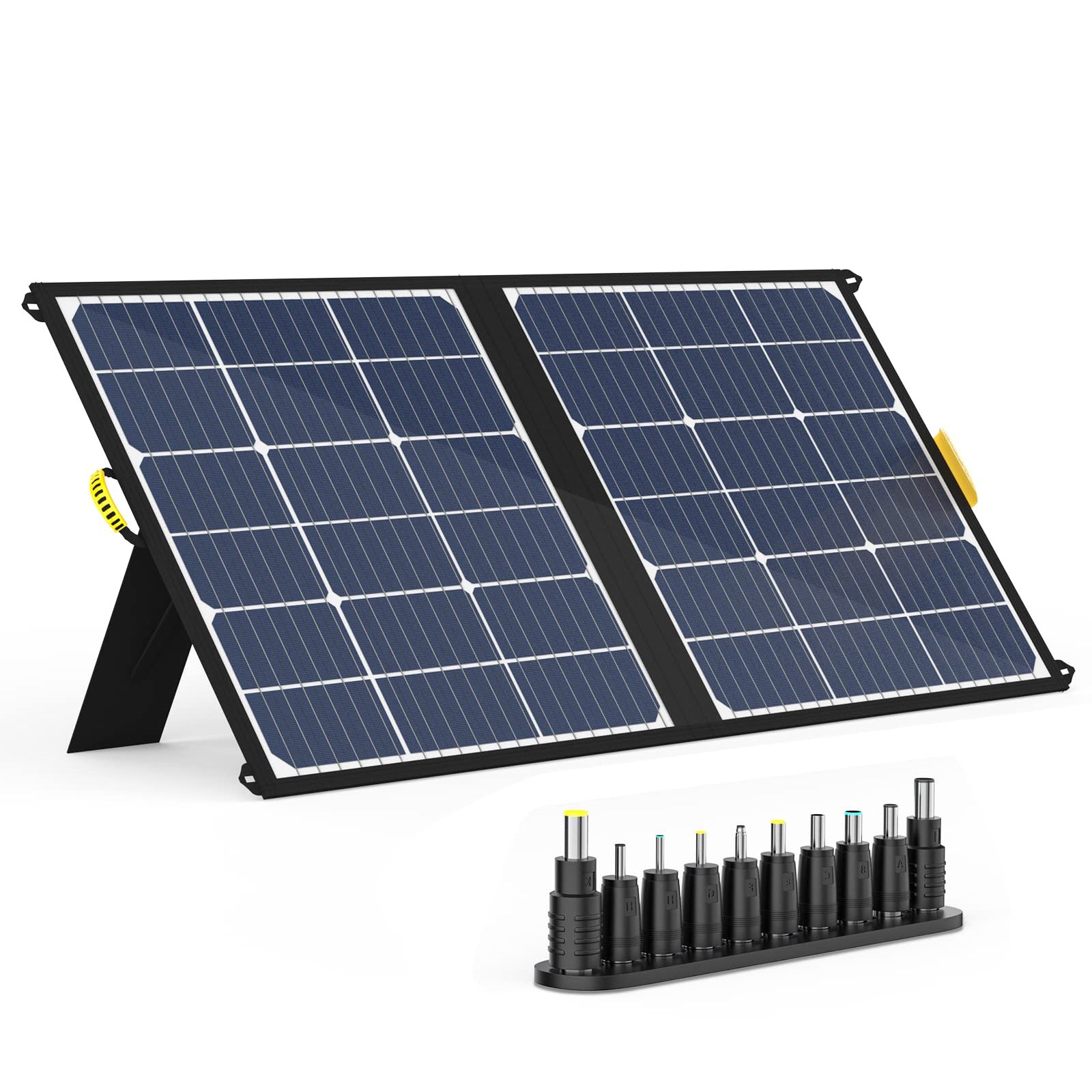RV Solar Panels
From its origins to its current state, it has evolved significantly rv solar panels. When it comes to powering your RV, solar panels offer an efficient and eco-friendly solution. However, with so many options available, it can be overwhelming to choose the right RV solar panel system for your needs. In this article, we will explore the key factors to consider when making your decision. 
Understanding Your Power Requirements
Before diving into the world of RV solar panels, it is crucial to understand your power requirements. Consider the appliances and devices you will be using in your RV, such as lights, refrigerator, air conditioner, and entertainment systems. Calculate the total power consumption in watts per day to determine the size of the solar panel system you need.
For example, if your daily power consumption is 2000 watts, you will need a solar panel system that can generate at least that amount of power. Keep in mind that solar panels produce varying amounts of electricity depending on factors like sunlight intensity and panel efficiency.
Assessing Your Roof Space
Another important consideration is the available roof space on your RV. Solar panels come in different sizes, and you need to ensure that your RV's roof can accommodate the panels you choose. Measure the dimensions of your roof and consider any obstructions like vents or air conditioning units that may limit the available space.
It is also essential to think about the orientation and tilt of the solar panels. Ideally, they should be positioned to maximize sun exposure throughout the day. If your roof space is limited, you may need to opt for smaller, more efficient panels or consider portable solar panel options.
Choosing the Right Type of Solar Panels
There are three main types of solar panels commonly used in RV applications: monocrystalline, polycrystalline, and thin-film. Each type has its advantages and disadvantages, so it's important to understand their differences.
Monocrystalline solar panels are known for their high efficiency and sleek appearance. They are made from a single crystal structure, making them more efficient in converting sunlight into electricity. However, they are also the most expensive option.
Polycrystalline solar panels are made from multiple crystal structures, which makes them slightly less efficient than monocrystalline panels. However, they are more affordable and still offer a good level of performance.
Thin-film solar panels are the least efficient but also the most affordable option. They are flexible and lightweight, making them suitable for curved or irregular surfaces. However, they require a larger surface area to generate the same amount of power as crystalline panels.
Considering the Solar Charge Controller and Battery Bank
Alongside the solar panels, you will need a solar charge controller and a battery bank to store the generated electricity. The solar charge controller regulates the flow of electricity from the panels to the batteries, preventing overcharging and optimizing charging efficiency.
When choosing a solar charge controller, consider factors such as its maximum input voltage and current capacity, as well as any additional features like temperature compensation or battery type compatibility.
The battery bank is where the electricity generated by the solar panels is stored for later use. It is important to choose a battery bank with sufficient capacity to meet your power needs. Consider factors like battery type (lead-acid or lithium-ion), capacity (measured in amp-hours), and cycle life.
Remember, the solar charge controller and battery bank should be compatible with the solar panel system you choose, so ensure that they are properly matched.
Choosing the right RV solar panel system for your needs is a decision that requires careful consideration. By understanding your power requirements, assessing your roof space, choosing the right type of solar panels, and considering the solar charge controller and battery bank, you can make an informed choice that will provide you with reliable and sustainable power on your RV adventures. References
|